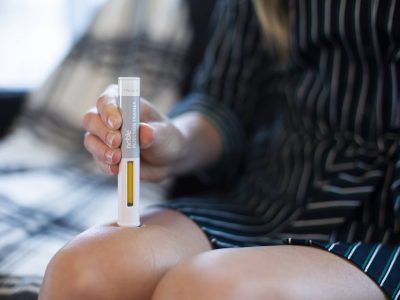
Taking care of our skin is essential for maintaining its health and appearance. With increasing awareness about the potentially harmful effects of synthetic ingredients, many people are turning to organic skincare products as a safer alternative. However, selecting the right organic products can be overwhelming due to the many available options. To help you make informed choices, here are some key factors to consider when choosing the right eminence organic skin care.
Understand The Terminology
Start by understanding the terminology used in organic skincare. Phrases like “organic,” “natural,” and “chemical-free” are commonly used but may not always mean the same thing. Look for certified organic products by reputable organizations like the USDA (United States Department of Agriculture) or COSMOS (COSMetic Organic Standard) to ensure their authenticity.
Read Ingredient Labels
Carefully read the ingredient labels of skincare products to identify any potentially harmful substances. Organic products should prioritize plant-based ingredients grown without synthetic pesticides, herbicides, or genetically modified organisms (GMOs). Avoid products containing parabens, sulfates, phthalates, artificial fragrances, and synthetic dyes, as they can be harsh on the skin and may cause irritation or allergies.
Identify Your Skin Type And Concerns
Determine your skin type and any specific concerns you want to address, such as dryness, acne, or aging. Different organic ingredients cater to different skin types and conditions. For example, aloe vera and cucumber are soothing for sensitive skin, while tea tree oil and witch hazel are beneficial for oily or acne-prone skin. Look for products that specifically target your skin concerns.
Research Key Organic Ingredients
Educate yourself about the key organic ingredients commonly found in skincare products. Some popular ones include aloe vera, coconut oil, shea butter, jojoba oil, rosehip oil, green tea extract, and chamomile extract. Understanding the benefits and properties of these ingredients will help you choose products that suit your needs.
Consider Product Certifications
Look for organic skincare products that carry reputable certifications. Certifications like “USDA Certified Organic,” “Ecocert,” or “COSMOS Organic” ensure that the product meets specific organic standards. These certifications require adherence to strict guidelines regarding ingredient sourcing, processing, and packaging.
Patch Test New Products
Before incorporating a new organic product into your skincare routine, perform a patch test to check for adverse reactions. Apply a small amount of the product to an inconspicuous area of your skin, such as the inner wrist or behind the ear, and observe for any redness, itching, or irritation over the next 24 hours.
Seek Recommendations And Reviews
Seek recommendations from trusted sources, such as dermatologists, skincare experts, or friends who have had positive experiences with organic products. Additionally, read reviews from verified buyers online to gauge the effectiveness and reliability of a product.
Consider Sustainability And Ethics
Besides being organic, consider the sustainability and ethics of the brand you choose. Look for companies that prioritize eco-friendly practices, use recyclable packaging, and have transparent sourcing and manufacturing processes. Supporting brands that value ethical and sustainable practices contributes to a healthier planet.










